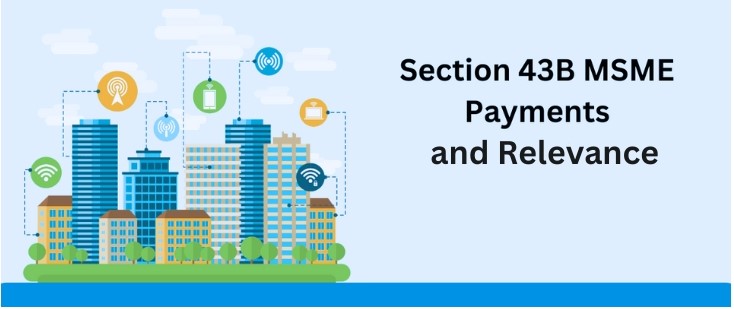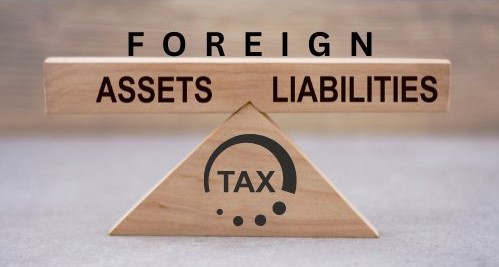Category: Income tax
Union Budget 2025: Key Highlights and New Income Tax Act
The Union Budget 2025 has brought significant changes, especially in the area of taxation and economic reforms. One of the most notable highlights is the increase in the tax exemption limit, ensuring more disposable income in the hands of taxpayers. The budget focuses on economic growth, digital transformation, and infrastructure development while keeping social welfare in mind.
A major relief for taxpayers! The Union Budget 2025 has proposed that individuals earning up to Rs. 12 lakh annually will not have to pay any income tax. This is a significant jump from the previous exemption limit, making it easier for middle-class and lower-income individuals to save more. New Income Tax Bill soon be introduced in Paralament session
Changes in Income Tax Slabs - The revised income tax slabs in the Union Budget 2025 are as follows:
No Income Tax Up to Rs. 12 Lakh
-
Up to Rs. 12,00,000 - No tax
-
Rs. 12,00,001 to Rs. 16,00,000 - 15%
-
Rs. 16,00,001 to Rs. 20,00,000 - 20%
-
Rs. 20,00,001 to Rs. 24,00,000 - 25%
-
Above Rs. 24,00,000 - 30%
This new structure is expected to provide relief to a vast section of taxpayers, reducing their tax burden and encouraging spending and investments.
A new Income tax bill is expected to be introduced soon in the upcoming Parliament session, bringing significant changes to the country's tax framework. Among the key highlights are proposed reforms in capital gains tax, which could impact how investments and assets are taxed. For more updates income tax login - https://www.incometax.gov.in/iec/foportal/
Changes in TDS/TCS
-
TDS rate on securitization trust income reduced from 25%/30% to 10%.
-
TCS provisions on the sale of goods under Section 206C(1H) have been withdrawn.
-
The threshold for various TDS deductions has been increased.
Salary and House Property Income
-
Perquisite taxation limits revised for employer-provided benefits.
-
Self-occupied house property exemption extended to two properties.
Filing of Income Tax Returns
-
Deadline for updated tax returns extended to 48 months from the assessment year. It means now you can file ITR of past 4 years.
-
New provisions for penalties and interest on delayed filings.
Capital Gains and Investment Reforms
-
ULIPs not exempt under Section 10(10D) will be treated as capital assets.
-
Securities held by investment funds will be classified as capital assets.
-
Sovereign Wealth Funds and Pension Funds exemption extended to March 31, 2030.
Support for Startups and Businesses
-
Startups incorporated before April 1, 2030, can claim 100% tax exemption on profits for three years within the first ten years.
-
Presumptive tax scheme for electronics manufacturing sector.
-
Tonnage tax benefits extended to inland vessels.
Boost for IFSC and Foreign Investments
-
IFSC tax benefits extended to March 31, 2030.
-
Exemption on capital gains and dividend income for IFSC-based companies.
-
Corporate treasury transactions within IFSC excluded from deemed dividend provisions.
GST and Indirect Tax Reforms
-
Simplified GST compliance and tax administration.
-
Amendments in Input Tax Credit (ITC) distribution.
-
Track and trace system for high-risk commodities like pan masala.
-
Clarifications on the taxability of vouchers and warehoused goods.
Crypto Assets and Digital Taxation
-
Crypto transactions must be reported under a new compliance framework.
-
Expanded definition of virtual digital assets.
-
New provisions for taxation on gains from crypto investments.
Corporate and Business Trust Reforms
-
REITs and InvITs to benefit from long-term capital gains exemption up to Rs. 1,25,000.
-
Rationalization of transfer pricing assessments.
Charitable and Religious Trusts
-
Registration validity for small charitable trusts extended to 10 years.
-
Relaxation in the definition of specified persons for tax exemptions.
Taxation of Non-Residents
-
Clarification on economic presence rules for foreign businesses.
-
Tax exemptions for foreign pension and sovereign wealth funds investing in India.
Compliance and Penalties
-
Reduced penalties for late TDS/TCS payments if rectified before quarterly filing deadlines.
-
Prosecution relaxation for failure to deposit tax on time.
Conclusion
The Union Budget 2025 is a taxpayer-friendly, growth-oriented budget aimed at simplifying compliance and boosting economic growth. With no income tax up to Rs. 12 lakh, revised tax slabs, enhanced startup benefits, and strengthened investment incentives, it sets the stage for long-term financial stability and development, making India an attractive destination for business and investment.







